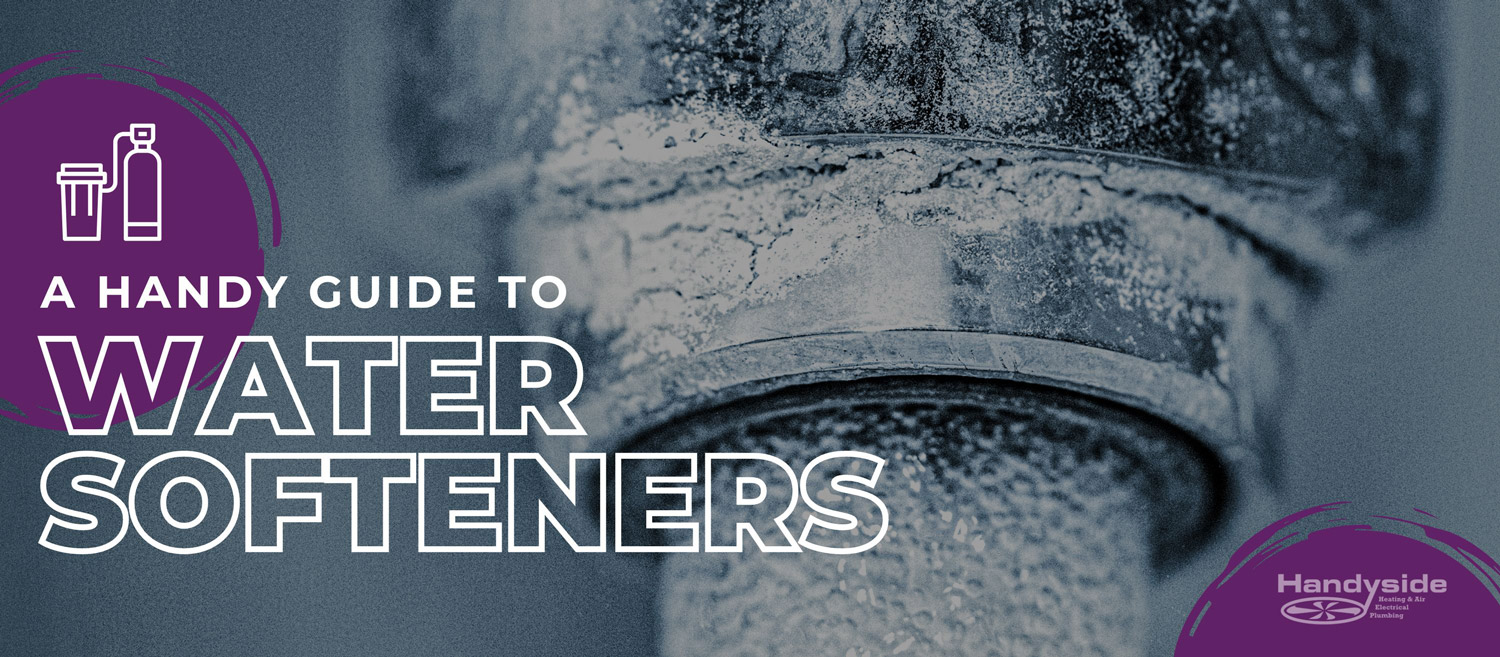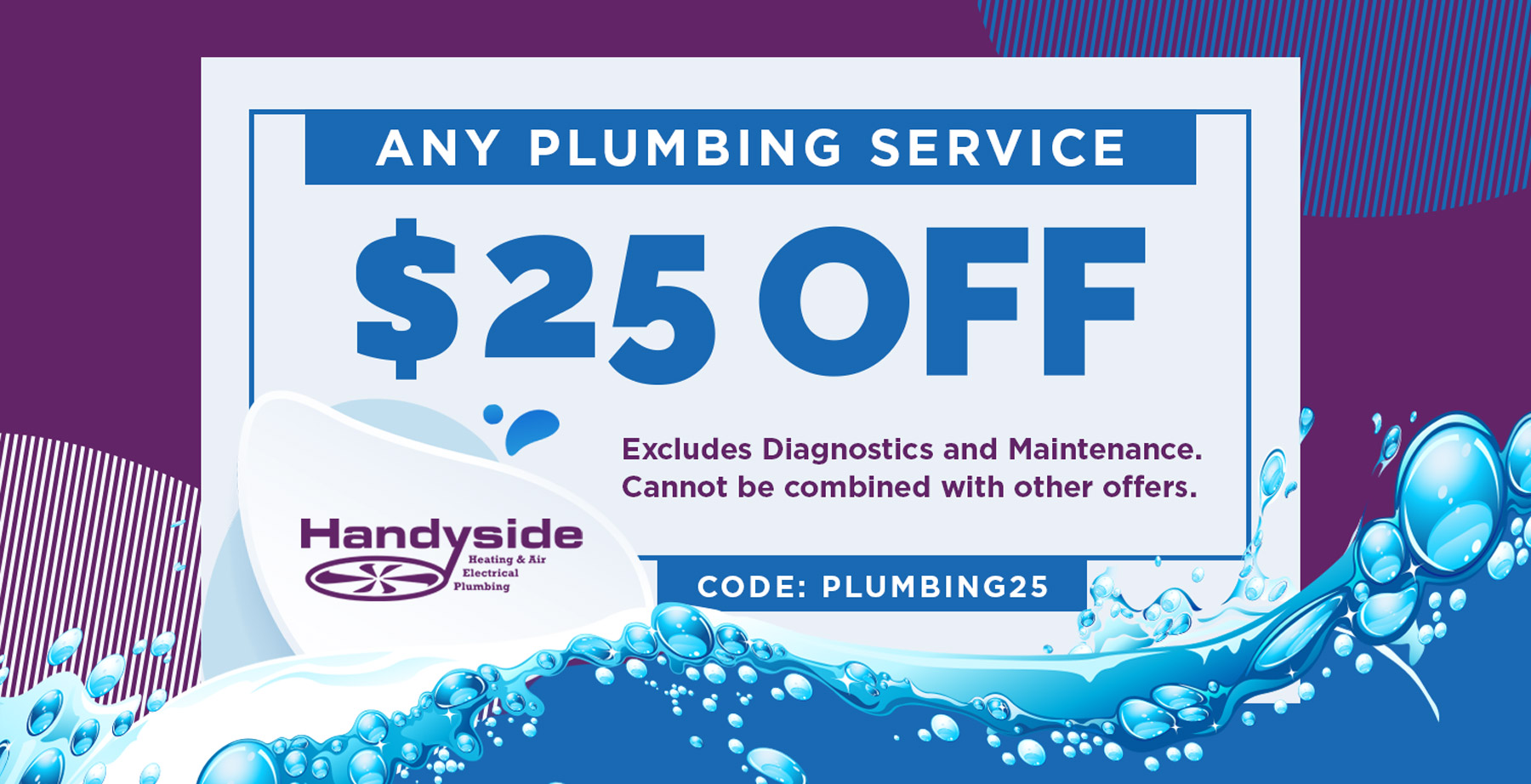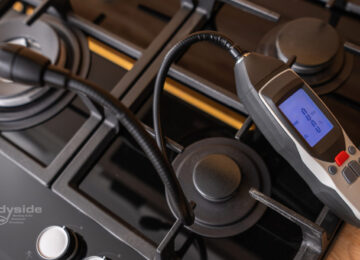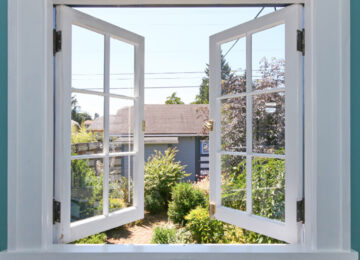Some places have soft water, while others have hard water. If hard water is not properly treated, it can cause stains on your sink and leave your skin feeling dry and itchy after a shower. Here are a few things to check to determine if you need a water softener in your home.
 How Do They Work?
How Do They Work?
Water softeners remove excess calcium and magnesium ions through an exchange with sodium or potassium ions, effectively flushing them out. The process can use up to 25 gallons of water per day, so it’s important to confirm that you have hard water before using one.
Mineral Deposits
One of the clearest signs that you’re in a hard water area is the formation of mineral deposits on your appliances or pipes. Over time, this can lead to clogged plumbing, making it harder for water to pass through the pipes.
Laundry Looks Faded
If your clothes and sheets have a gray, washed-out, or faded look, it may be a sign they’ve been washed in hard water. You can address this by using water-softening tablets in your washing machine or by adding vinegar to the fabric softener compartment.

Pipes Need Regular Repair
Hard water can significantly affect pipes, particularly steel pipes, which are most vulnerable to mineral deposits. Over time, this can also cause the valves in your washing machine or dishwasher to not close completely, leading to water leaks.
Check Your Water Bills
One way to check for hard water issues is to see if your water bills have increased recently. Water flowing through clogged pipes takes longer to pass through, which can raise costs. Before using a water softener, it’s a good idea to contact Handyside to confirm whether you’re in a hard or soft water area. Our plumbing team may conduct a sample analysis before making any recommendations.
Looking After Glassware and Silverware
Washing glassware and silverware in hard water can lead to stains. You can remove these by running your glasses through the dishwasher with half a cup of vinegar or by soaking both glassware and silverware in a sink filled with water and half a cup of vinegar.
Act Fast
As with any issue, it’s best to address it as soon as you notice a problem. Regular pipe inspections can help catch issues before they become serious. This is why it’s beneficial to consult our Handyside plumbing experts, who can advise you on whether using a water softener is appropriate for your area and if hard water is contributing to any plumbing problems. With the right approach, you can make your home more comfortable and prevent future plumbing issues.
![How To Tell If You Need A Water Softener Some places have soft water, while others have hard water. If hard water is not properly treated, it can cause stains on your sink and leave your skin feeling dry and itchy after a shower. Here are a few things to check to determine if you need a water softener in your home. How Do […]](https://handysideinc.com/wp-content/uploads/2024/09/How-To-Tell-If-You-Need-A-Water-Softener-750x420.jpg)




